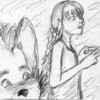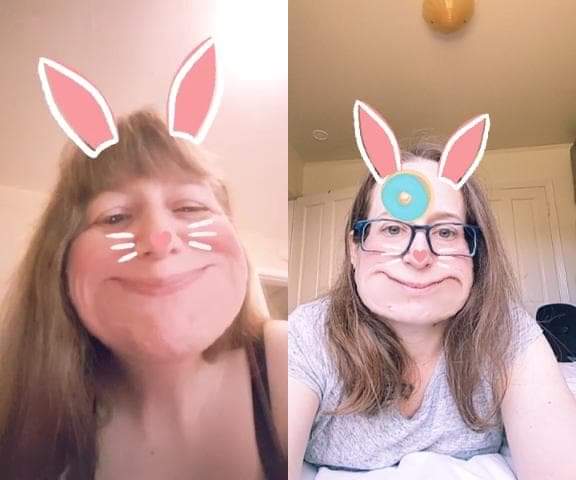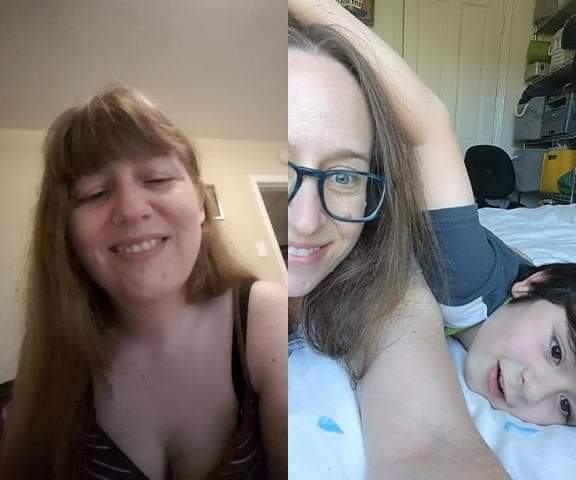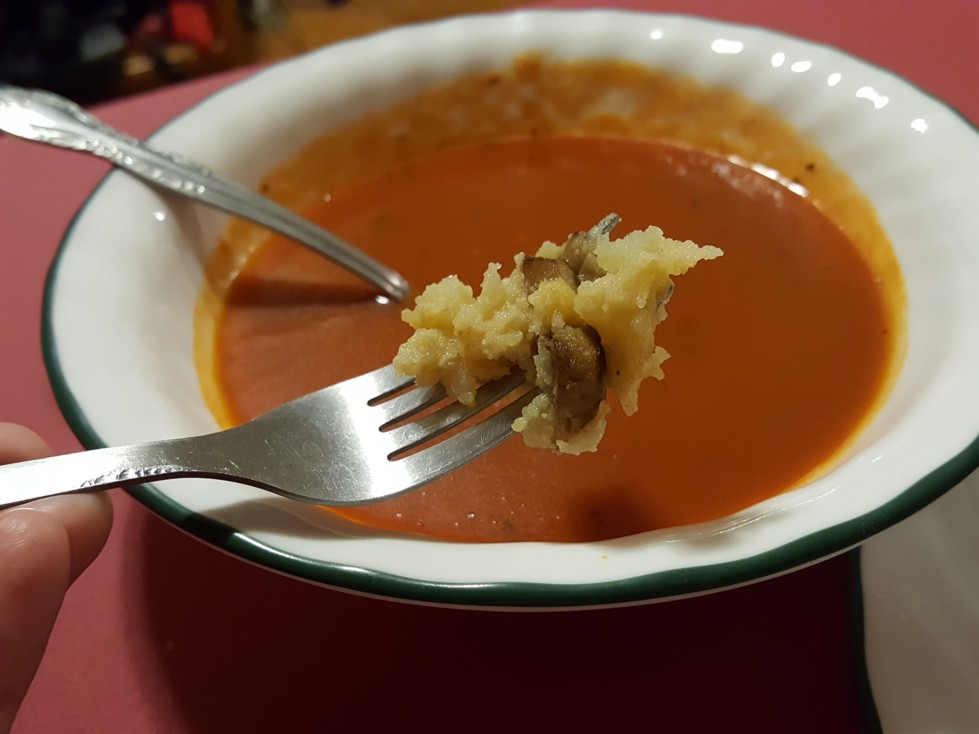Life news this week:
- Saturday I mostly just had a chill day taking walks and texting with people I like.
- Sunday I chatted with my mom on the phone and gave her some cash to help with some painting and repairs on her house. She told me she needed me to come to her house more often to help her with various life stuff. Not sure how to arrange that since I can't get paid rides over there during the pandemic but we'll see what I come up with. Made some plans, took more walks, chatted with my sis, and did chores--laundry, cleaning the table, bills, trash. And did a karaoke recording. Then I decided to start submitting stories to magazines again and sent two out!
- Monday I did some work on some Polk County proposals at work. Also chatted to my sister, took more walks, and did some more story submissions. One of the publishers wrote back and asked to see the story I pitched. (Pitching stories is unusual, but it's for an anthology. So it's great news that they wanted to see it, but obviously there is no guarantee of anything.)
- Tuesday involved letter editing at work and having to make a digital stamp for my coworker. Texted with Meggie and did some walking. Watched some depressing YouTube videos because somehow I got sucked down a rabbit hole. Cleaned ants out of my microwave! It's an invasion! Processed some of a video with my next interviewee.
- Wednesday I prepared forms for some proposals. I also had another adventure with my ceiling leaking because it rained. I touched base with the property manager but they still haven't found a roofer to help. Jeaux came over and we went grocery shopping, then made dinner jacket potatoes with mushrooms and parmesan cheese. We watched Kipo and a new episode of Owl House. After he left I fell asleep on the couch.
- Thursday I had more proposal work to do and stayed late working. Talked to my lawn maintenance person, Tony, and he said he can take me to my mom's this weekend. (He does her lawn too.) Talked to Victor on the phone and he's been having a really sleepy week. I didn't get any drawing done.
- Friday I was supposed to go to the office but my boss postponed the work until Monday, so I worked from home as usual. Got a bunch of proofreading done on our proposals and finished the reports I do every two weeks for my boss. And also timesheets. Then I had to work hard to meet my deadline on my webcomic, which I did while chatting to Meggie on the phone.
Articles, interviews, mentions:
- I'm on a short list of books recommended to counter anti-asexual discourse.
New reviews of my book:
- Dharma Tilley gave it a five-star review on Goodreads.
- Still on the plan I joined last week. The good news is I like the food changes (eating "better" foods but generally not feeling hungry) and I really like all the walking I'm doing--it is fun, relaxing, and gives me time to just not be distracted by anything. The bad news is that the scale has literally not moved at all despite drastic changes in my diet and exercise. The plan comes with a coach and we're discussing what to do, but so far I'm feeling like YES this plan is sustainable and I like it but NO I'm not any closer to my goal after almost 2 weeks. It's honestly weird.
- Finished Reading: Nothing, paused on reading projects right now!
- Currently reading: Emma by Jane Austen. I'm on page 225.
This week's karaoke song is "Out Tonight" from Rent.
Stuff Drawn:

Webcomic Negative One Issue 0792: "Attitude."
New videos:
None.
New photos:
 |
| Chubby Bunny game on FB Messenger with sister P |
 |
| Horsing around with family on FB Messenger |
 |
| Dinner Jacket Potatoes! |
 |
| With tomato soup. |
Social Media Counts:
YouTube subscribers: 5,289 for swankivy (4 new), 674 for JulieSondra (1 new), 16 for v & V Vids (no change), 99 for Not-So-Giant Women (no change). Twitter followers: 952 for swankivy (lost 2), 1,361 for JulieSondra (lost 1). Facebook: 297 friends (no change but I added someone new from a group, and then got unfriended by someone because I asked her not to spread anti-Semitic propaganda and she took it personally and unfriended me, yikes) for swankivy, 636 likes for JulieSondra (no change), 62 likes for Negative One (no change), 158 likes for So You Write (no change), 83 likes for Not-So-Giant-Women (no change). Tumblr followers: 2,481 (4 new). Instagram followers: 203 (lost 1).




























